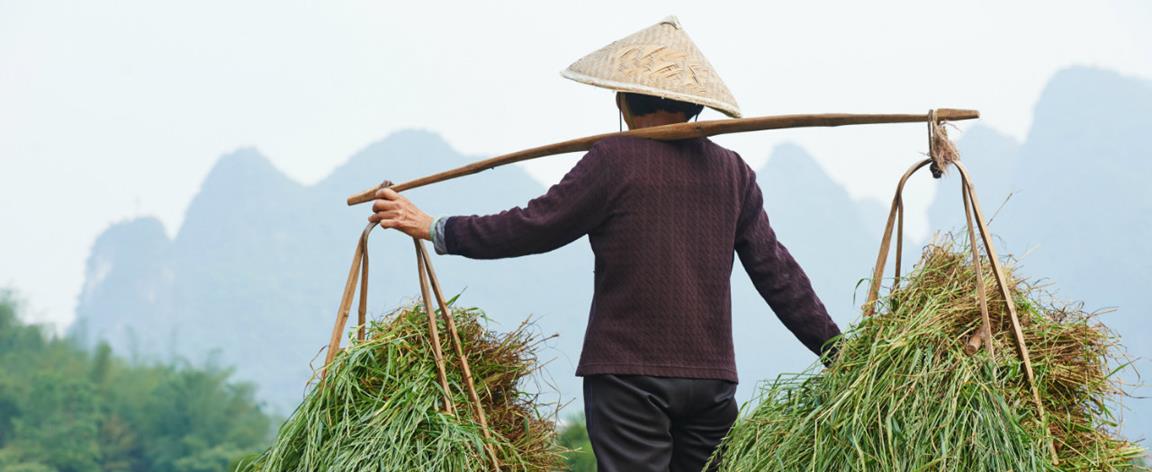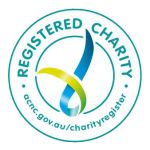Cycle rickshaws are the most popular modes of transport in Bangladesh and are available for hire throughout the country including the capital city Dhaka, known as the “Rickshaw Capital of the World”. They were introduced in Bangladesh about 1938 and by the end of the 20th century there were 300,000+ cycle rickshaws in Dhaka. Currently, approximately 400,000 cycle rickshaws are in use each day in Bangladesh and these are more convenient than other public modes of transport in the country such as auto rickshaws, cabs and buses. They are mostly convertible, decorated, rickshaws with folding hoods and are the only kind of vehicles that can be driven in many neighbourhoods of the city with narrow streets and lanes. However, increasing traffic congestion and the resulting collisions have led to the banning of rickshaws on some major streets in the city. Urban employment in Bangladesh also largely depends on cycle rickshaws. Because of inflation and unemployment in the rural areas, people from villages crowd into the cities to become rickshaw drivers locally called “riksha-walas.”
Some years ago when Every Home Gobal Concern in Bangladesh was asked what would really help the poor in the communities where primary schools had commenced, their answer was to help the men own their own rickshaw. In this way, they would be able to save the rent money they had paid the rickshaw owners who hired the rickshaws to them in the past so they would have more money for themsleves to pay off their debts and move out of the slums. RICKSHAW DRIVERS FINDING A WAY OUT OF POVERTY IN BANGLADESH
helping the poor.
As a result a Community Development micro-enterprise program commenced which has continued to bring about change and give families living in poverty increased income and a better future, enabling families to improve their financial status, pay off their debts, educate their children, improve their health and be better providers for their families. An evaluation of this program carried out in 2012 showed that almost all the men who were assisted to own their own rickshaw had previously had no fixed income and were struggling to survive in the slums with their families, many of them having come from country areas to find work. Their income increased to the point where they were able to start a business, buy land or a house, send their children to University, and, in their words, “live well.” This program continues today, giving hope and changing lives in a very tangible way.


